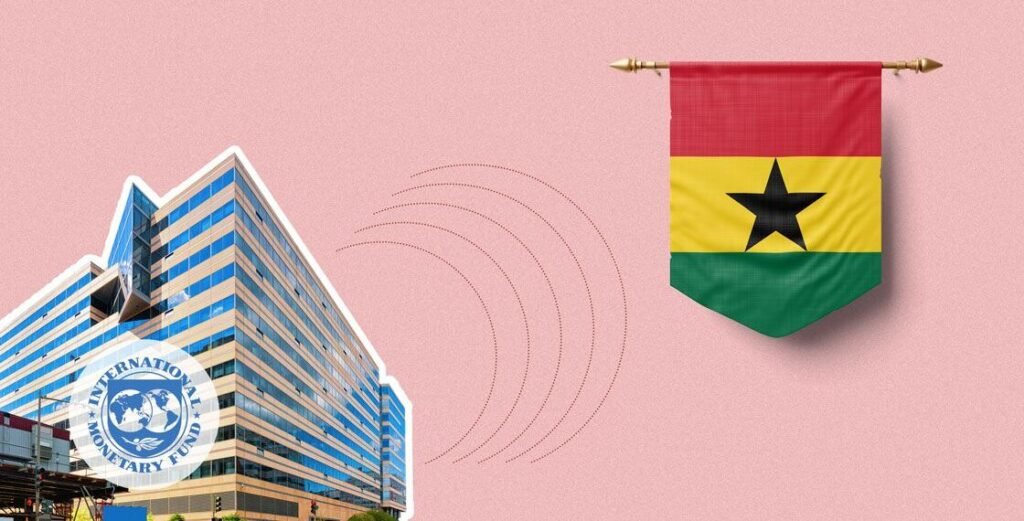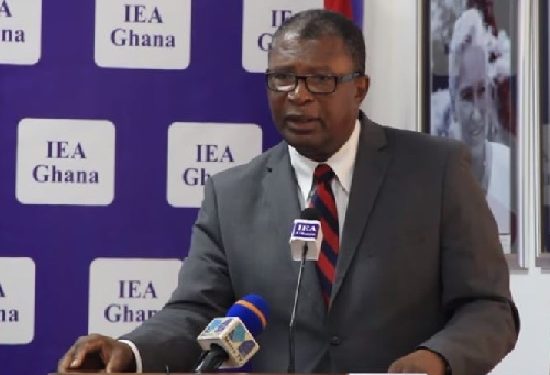Ghana’s economic trajectory has once again come under the spotlight as the Institute of Economic Affairs (IEA) warns that the country risks sliding back into an International Monetary Fund (IMF) programme for the 18th time if urgent structural reforms are not pursued.
Speaking at a Roundtable Discussion on “The Mining Regime in Ghana,” Dr. Charles Mensa, Board Chairman of the IEA, painted a grim picture of Ghana’s fiscal vulnerabilities and repeated reliance on external interventions.
“For the record, we have been to the IMF for the seventeenth time, asking for a bailout, meaning we have gone bankrupt seventeen times,” Dr. Mensa stressed. His remarks highlight a longstanding cycle of dependency that has dogged Ghana’s economic history for nearly six decades.
A History of IMF Dependence
Ghana’s first engagement with the IMF dates back to 1966, following the overthrow of President Kwame Nkrumah. The new administration, under the National Liberation Council (NLC), sought external assistance from the IMF and World Bank to stabilize the struggling economy.
Since then, successive governments have frequently turned to the Fund to manage fiscal crises, soaring debt, and balance-of-payment shortfalls.

The current $3 billion Extended Credit Facility, approved in 2023, marks Ghana’s 17th IMF intervention. While the programme is on course and has offered short-term relief, experts caution that the true test will come in 2026, once the facility ends. If Ghana fails to sustain fiscal discipline and implement deep reforms, the cycle of crisis and bailout may repeat itself.
Structural Weaknesses at the Core
Dr. Mensa was emphatic that Ghana’s overreliance on external support stems from deep-rooted structural deficiencies. Despite being one of the world’s largest producers of gold, cocoa, and other natural resources, Ghana has consistently struggled to translate its wealth into sustainable development.
“We are blessed with abundant resources, but we keep going bankrupt. Why is that? It is because we have no control over our natural resources,” he lamented. The IEA believes that unless Ghana asserts greater ownership and value addition in its resource sectors, particularly mining, the country will remain stuck in a cycle of external borrowing and IMF bailouts.
The IEA is urging government to adopt bold measures to reverse this trend. Among the key reforms highlighted are: Strengthening domestic revenue mobilization to reduce overdependence on external loans; Leveraging natural resource wealth to build long-term fiscal resilience; Implementing strict expenditure controls to tackle waste and inefficiency in public finances; and pursuing industrialization and diversification to reduce Ghana’s reliance on commodity exports.
According to Dr. Mensa, these reforms require strong political will, accountability, and a departure from the short-term fixes that have characterized economic management in Ghana.

The Looming Post-IMF Challenge
While Ghana’s ongoing IMF programme has stabilized the cedi and restored some investor confidence, analysts agree that the toughest challenge lies ahead. Once the $3 billion facility ends in 2026, Ghana will need to prove its ability to maintain fiscal discipline without the watchful eye of the IMF.
Failure to do so could trigger another debt spiral, pushing the country back to the IMF for what would be its 18th bailout.
“If we don’t own our resources, we will continue to operate under this same model and very soon we will go to the IMF again for the 18th time.”
Dr. Charles Mensa
READ ALSO: NNPC Boss Emphasizes Efficiency, Value in Nigeria’s Oil Sector



















